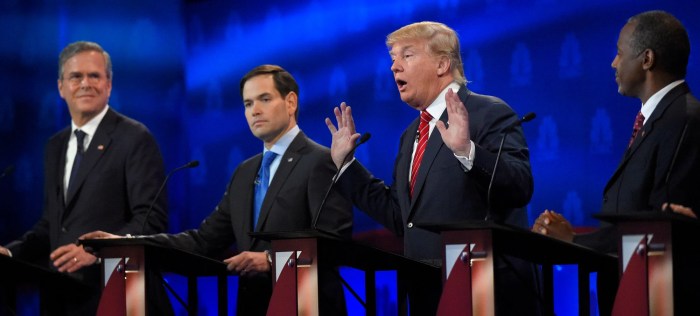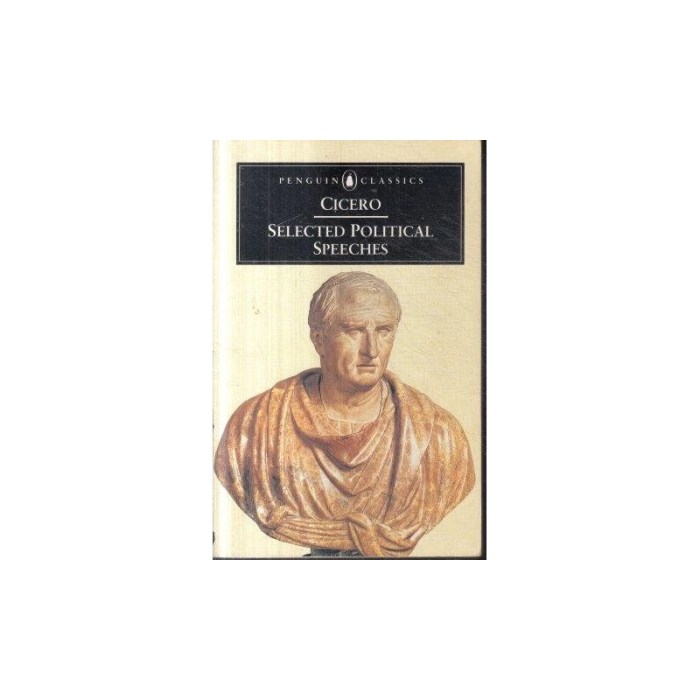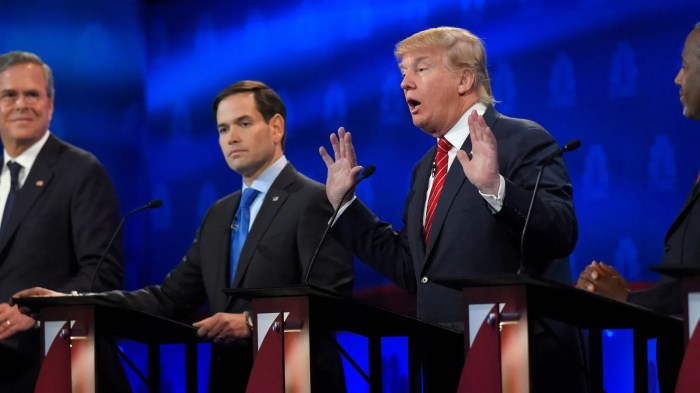Which type of speech is most likely to employ idealism? This question delves into the fascinating realm of oratory, where words hold the power to inspire, motivate, and shape beliefs. As we embark on this exploration, we will uncover the intrinsic connection between idealism and certain speech types, examining their characteristics and impact on audiences.
Idealism, a driving force in human endeavors, manifests itself in speeches that envision a better world, advocate for noble causes, and challenge the status quo. By understanding which speech types are most conducive to idealistic content, we gain insights into the art of crafting speeches that resonate deeply with audiences and leave a lasting legacy.
Identify Types of Speeches: Which Type Of Speech Is Most Likely To Employ Idealism

Speeches can be categorized into various types, each with its unique characteristics and purposes. Common types of speeches include:
- Informative: Provides knowledge or information to the audience.
- Persuasive: Aims to convince or change the audience’s opinion or behavior.
- Motivational: Inspires and encourages the audience to take action.
- Demonstrative: Shows the audience how to perform a specific task or process.
- Eulogistic: Praises or commemorates a person or event.
- After-dinner: Humorous and lighthearted, typically given after a meal.
Analyze Speech Structure and Techniques
Speeches typically follow a structured format to effectively convey the message:
- Introduction:Captures the audience’s attention and establishes the topic.
- Body:Presents the main points, supporting evidence, and arguments.
- Conclusion:Summarizes the key points and provides a call to action.
Effective speeches employ techniques such as storytelling, humor, vivid language, and rhetorical devices (e.g., metaphors, analogies) to engage the audience and make the message memorable.
Explore the Concept of Idealism in Speeches, Which type of speech is most likely to employ idealism
Idealism in speeches refers to the expression of beliefs and aspirations for a better society or future. It involves advocating for principles and values that transcend personal interests or immediate circumstances.
Characteristics of speeches that embody idealism include:
- A vision of a better world or society.
- A call to action or change.
- An appeal to higher values or principles.
- A sense of hope and optimism.
Identify Speech Types that Utilize Idealism
Speeches that are particularly conducive to idealistic content include:
- Motivational speeches:Inspire audiences to strive for greatness and make a positive impact.
- Persuasive speeches:Advocate for social change or policy reforms based on idealistic principles.
- Eulogistic speeches:Honor individuals who have embodied idealistic values and made significant contributions.
- Keynote speeches:Set the tone and provide inspiration for conferences or events focused on idealism.
Analyze Speeches that Effectively Convey Idealism
Some notable speeches that exemplify the use of idealism include:
- “I Have a Dream” by Martin Luther King Jr.:A powerful call for racial equality and social justice.
- “The Gettysburg Address” by Abraham Lincoln:A reflection on the ideals of freedom, equality, and democracy.
- “We Shall Overcome” by Fannie Lou Hamer:A song and speech that became an anthem for the civil rights movement.
- “The Future of Hope” by Barack Obama:A speech that emphasized the importance of hope, unity, and progress.
These speeches employed vivid language, storytelling, and rhetorical devices to convey their idealistic messages and inspire audiences to action.
Discuss the Impact of Idealism on Audiences
Idealistic speeches can have a profound impact on audiences:
- Inspiration:They can ignite a sense of purpose and inspire people to pursue their goals.
- Motivation:They can motivate audiences to take action and make a difference in the world.
- Persuasion:They can persuade audiences to adopt new beliefs or perspectives and support causes that align with idealistic values.
- Hope:They can provide hope and optimism, even in challenging times.
Idealistic speeches can be transformative, fostering a sense of community, encouraging social progress, and shaping the course of history.
Clarifying Questions
What are the key characteristics of speeches that employ idealism?
Speeches that employ idealism often exhibit a clear vision of a better world, articulate compelling arguments for change, and evoke a sense of hope and inspiration in their audiences.
How does idealism contribute to the effectiveness of a speech?
Idealism can make speeches more persuasive, motivating, and memorable by appealing to audiences’ aspirations and values.
What are some examples of famous speeches that effectively employed idealism?
Examples include Martin Luther King Jr.’s “I Have a Dream” speech, Nelson Mandela’s inaugural address, and Malala Yousafzai’s speech to the United Nations.


